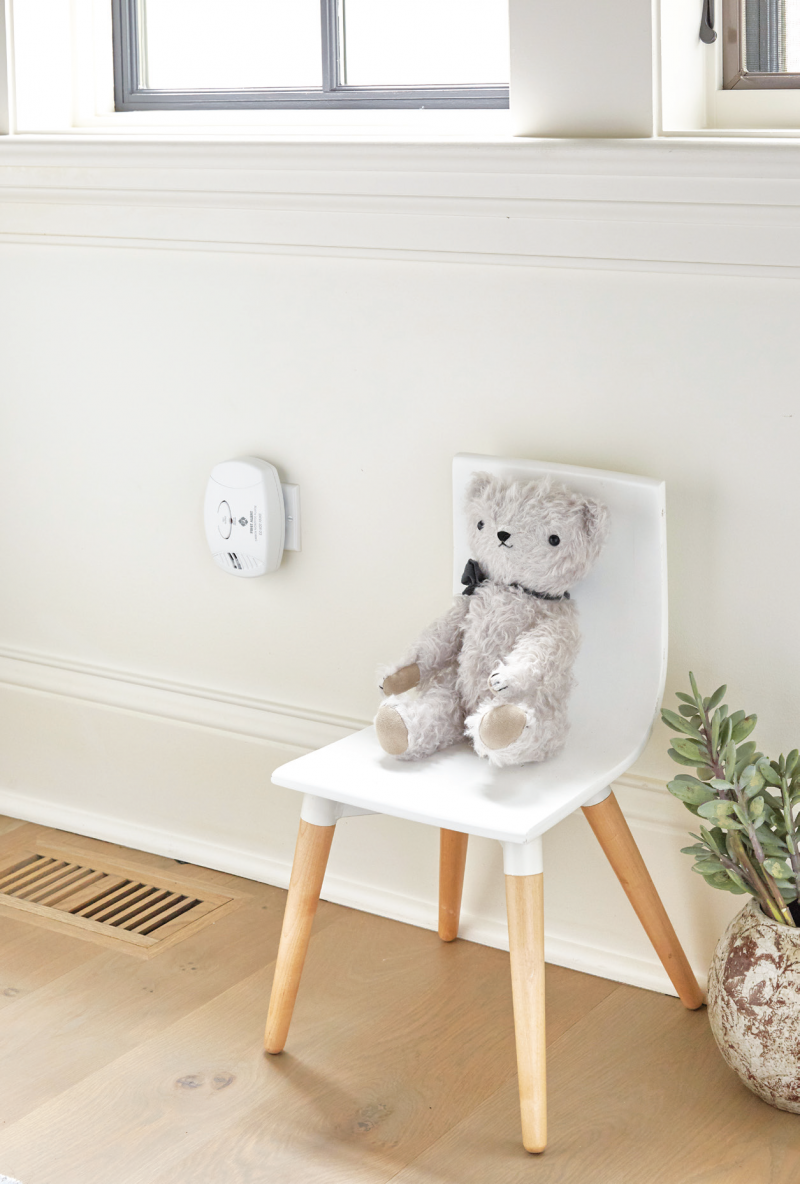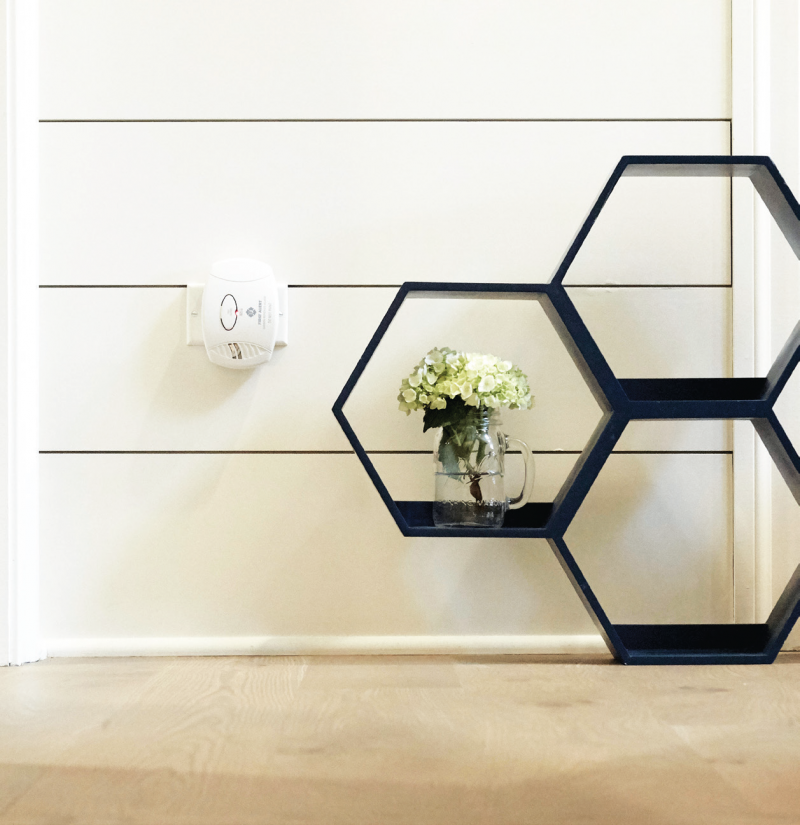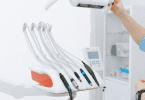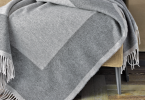As temperatures dip and we crank up the heat, the risk for carbon monoxide (CO) poisoning significantly increases. The arrival of cold weather is a timely reminder for all of us to take the proper precautions to help protect ourselves and loved ones from harm. Here’s what you need to know about CO.

HIDDEN THREAT Dubbed the “silent killer,” CO has no smell, taste or color, and it strikes most during the winter when more fuel-burning appliances are used to heat homes. CO sources may include, but are not limited to, heaters, fireplaces, furnaces, appliances or cooking sources using coal, wood, petroleum products or other fuels emitting CO as a by-product of combustion. Attached garages with doors, ductwork or ventilation shafts connected to a living space can also be sources of CO.
THE RISK CO is responsible for more than 300 deaths each year and is the number one cause of accidental poisonings, according to Statistics Canada. Compounding the issue and concern is that CO poisoning is notoriously difficult to diagnose – often until it’s too late. The symptoms mimic those of many other illnesses and may include nausea, headaches, dizziness, weakness, chest pain and vomiting. In more severe poisoning cases, people may experience disorientation or unconsciousness, or suffer long- term neurological disabilities, cardiorespiratory failure or death.

TAKE ACTION Equipping your home with working CO alarms is the only way to detect this poisonous gas. First Alert offers a number of options to protect your family from CO from tabletop and plug-in CO alarms to combination smoke and CO alarms. To upgrade with the latest advancement in alarm technology, consider alarms with 10-year sealed batteries that eliminate late- night battery chirps and the need to replace the batteries for the life of the alarm. Install CO and smoke alarms on each level of your home, including the basement, as well as in and near every sleeping area. If CO symptoms appear, or if an alarm sounds, get everyone outside to fresh air immediately and then call 911.
EXTRA PRECAUTIONS As you turn up the heat this winter, keep these additional tips in mind to make sure you and your loved ones are safe. Schedule a professional to check all your fuel-burning appliances for potential leaks. In the case of a power outage or furnace failure, never use generators indoors, in a garage or any confined area where CO can collect. Keep generators outside at least 15 feet away from your home. Last but not least, never leave a running car inside a garage. Even if the door is open, CO emitted from the car will not only fill the garage, but could seep into the home.
First Alert, http://www.firstalert.ca
Latest posts by Canadian Home Trends (see all)
- Expert Bathroom Design Secrets from Canada’s Best - February 27, 2026
- Treasure Hunting: Discovering Unique, Locally Made & Vintage Home Décor - February 27, 2026
- Waterproofing That Actually Works - February 27, 2026






